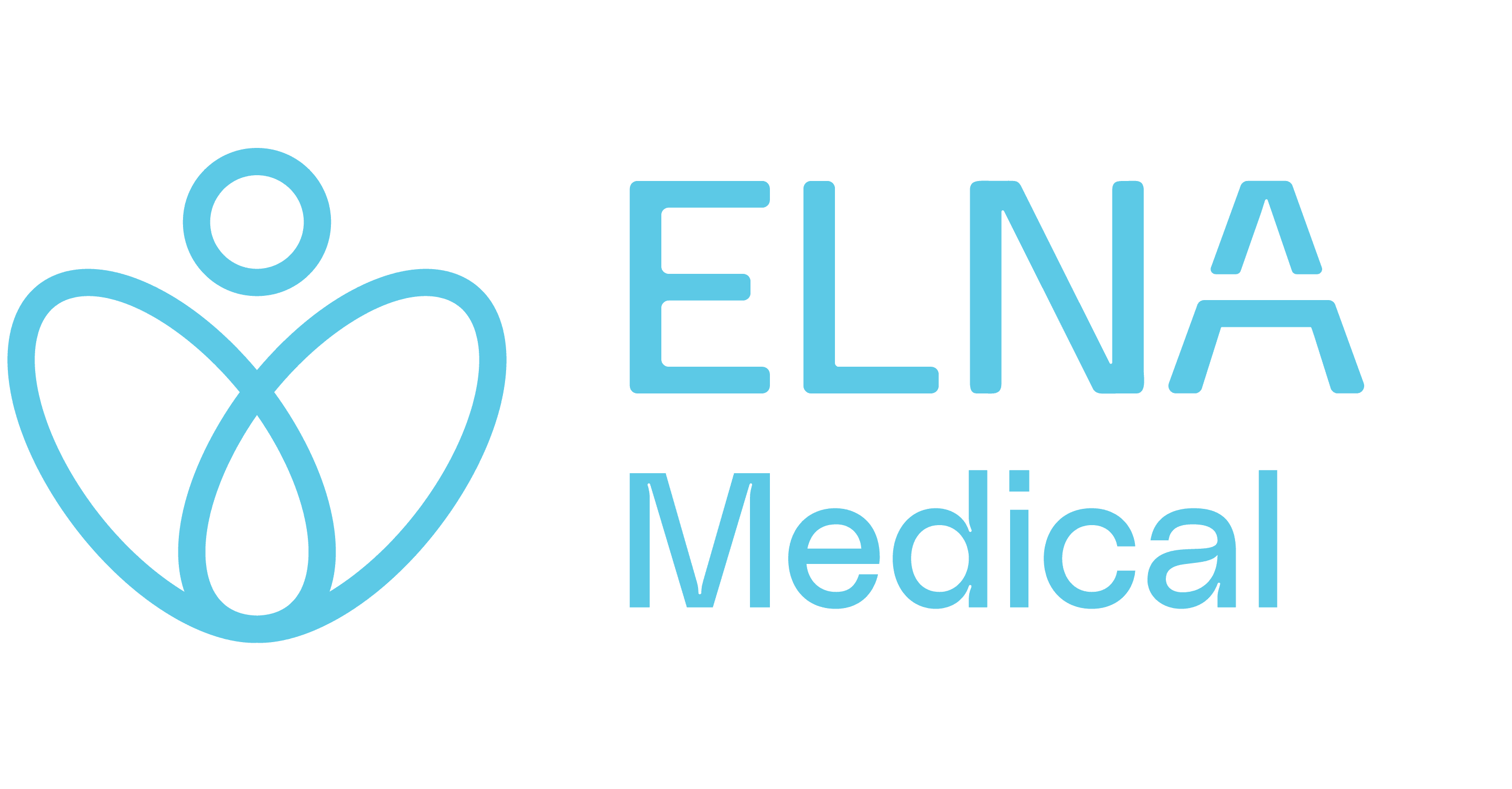If you’re like many Canadians, you consider your family doctor to be one of the most valuable resources you have when it comes to managing your health. But knowing how to talk to your doctor can help you get the most out of this vital relationship.
Making full use of a valuable resource: Your doctor
When it comes to staying healthy or living with a medical condition, your doctor is one of the most valuable resources you have. A recent survey of Canadians found that most consider their family doctor to be their major source of health information. But a visit to the doctor’s office is a wasted opportunity if you are uncomfortable bringing up your health concerns, if you don’t bring them up because you don’t think there’s enough time, or if you walk out of the office feeling like you and your doctor just had conversations in entirely different languages.
When you go to the doctor for a routine checkup, your doctor may use a variety of tests to monitor your health and disease risk factors and may also ask you about lifestyle factors such as exercise, smoking, and sexual activity. But your doctor isn’t a mind reader. Many medical problems don’t show themselves clearly in ten minutes seated in a room, and your doctor can only see and hear physical signs then and there, not how you feel or what has happened to you in the last few weeks.
So if you have any symptoms or health concerns, make sure to bring them up at your checkup. Or, if you aren’t due for a visit, schedule an appointment to discuss the specific issue at hand. Remember, your doctor is there to help or to refer you to someone who can.
And when it comes to discussing your concerns, don’t be afraid to speak up no matter how personal or private your problem may feel. Even if your problem is a sensitive one, chances are your doctor has heard it before. So rather than feeling embarrassed through your whole visit and then blurting out your concern as your doctor is wrapping up, broach the subject early so your doctor can understand how important your concern is to you and give the discussion the time it needs.
If your doctor is extremely busy or running behind and your appointment feels too rushed to have a meaningful discussion about your concerns, ask if you should schedule a follow-up visit to address the particular problem in greater depth. If a particular concern is extremely important and immediate, make sure it’s the first thing you discuss with your doctor. Making clear that an issue is a priority for you can go a long way towards getting it addressed during your visit. You can help to explain why a problem is a big concern to you by being specific about your symptoms and how they affect your life.
Just the facts: What your doctor should know
All sorts of things can affect your health, from your grandmother’s high blood pressure to the glass of wine you had with dinner last night. And accordingly, these are things your doctor should know in order to have the best possible understanding of the health risks you face and how to tailor your care.
Personal medical history
If you’ve been going to the same doctor for years, their records will likely reflect your health over the years. But if you’ve switched doctors or don’t have a regular family physician, it’s important that you keep a record of your health to ensure your doctor has an accurate understanding of your health over your lifetime.
If you’ve recently switched doctors, your former doctor’s office can help arrange to transfer your file, which will contain records from your physical exams and other visits, as well as lab results and other tests you may have had over the years. Your own records can also be helpful.
Before your visit, make a list of any major physical or mental conditions you may have had, the date you were diagnosed, and how you were treated. Your doctor should also be aware of any known food or drug allergies and any complications you may have experienced as the result of a medical condition or treatment. Don’t forget to mention if you are being treated by any other health care providers, including for mental health issues. You should also record any medications you may be using, including over-the-counter and herbal products, as well as your vaccination history.
Family medical history
Genetic factors play a role in the development of many conditions, including Alzheimer’s disease, some types of cancer, depression, diabetes, heart disease, high blood pressure, and many more. While having a family member who was diagnosed with a medical condition is no guarantee you will develop it too, it could raise your risk. That’s why a look back at your family’s medical history can be an important glimpse into your own health future.
Knowledge about any diseases or illnesses that may have affected members of your family can help your doctor to identify your own risks and, in turn, recommend lifestyle or medication changes and determine what diagnostic tests you may need.
A record of your family’s medical history should include a list of conditions that affected your immediate family members as well as their cause of death and age at death. Information on your grandparents, parents, siblings, aunts, uncles, and first cousins may all be relevant.
Lifestyle factors
Lifestyle factors such as diet, physical activity level, and drinking or smoking habits can all affect your disease risk as well as impact how particular medications affect you. As a result, it’s extremely important that you give your doctor an accurate portrayal of your own habits.
If your lifestyle isn’t always the healthiest, it may be tempting to gloss over the truth. But this is a clear case of honesty being the best policy – especially when it comes to risky behaviours such as smoking, overindulging in alcohol, or having unprotected sex with multiple partners. While your doctor may counsel you against such habits, it’s important for you to remember that they are doing so to help you stay your healthiest, not because they are judging you on how you live your life.
Arm yourself with information
You can help get the most out of your visit to the doctor’s office and play an active and involved role in your own well-being by being an informed patient. Arming yourself with knowledge has a number of benefits for both you and your doctor. It can help you to focus any questions you may have and can improve your understanding of what your doctor has to say.
But with so much health information out there, how can you tell what’s reliable?
There are a number of strategies you can use to try to sort facts from fiction:
Be as specific as possible. If you are looking online, a search for a common affliction could turn up thousands if not millions of results. But the more you refine your search using specific terms, the less information you will have to weed through.
Know who to count on. When it comes to the Internet, the myths may far outnumber the facts. So how can you tell which sites have got it right? Consider your sources. Medical associations, universities, hospitals, and disease-related societies often offer unbiased, reliable information. On the other hand, if an article seems to be pushing a particular product or remedy, it could be biased.
Understand the science. You don’t need to have a medical degree to know some key things to look for when it comes to assessing the reliability of a study. Credible studies should be published in a journal that requires a review by medical experts. How a study is designed also makes a difference. For example, when it comes to clinical studies assessing the effectiveness and safety of a medication, look for studies that are randomized, controlled and double-blind, and have a large study population. This means that subjects are randomly broken into at least two groups – one of which receives the treatment in question and another that receives the standard treatment or a placebo (inactive “sugar pill”) – and neither the treatment administrators nor the subjects know who is getting which treatment, so as not to influence the outcome.
Doctor’s office do’s
You may only have a short time with your doctor, but employing the right strategies can help you make the most out of every minute.
Arrive on time. Sure, it may be frustrating if you have to wait (and doctors’ offices don’t have waiting rooms for nothing), but remember that if your doctor is running behind, it’s likely because they are spending more time helping someone else. But if you arrive late for your appointment, it could reduce the amount of face time you get with your doctor, making you feel rushed and cutting down on the time you have to discuss your concerns.
Come prepared. Write down any questions or concerns you have ahead of time, and bring your list with you. If you feel rushed or flustered during your appointment, it could cause you to forget the things you wanted to ask.
Check your shyness at the door. When it comes to discussing sensitive topics, don’t be too embarrassed to speak up. Chances are, your doctor has seen the problem before and is there to help you, not to judge.
Ask away. Don’t be afraid to ask your doctor about particular treatments you may have read about or heard about from friends, but be prepared to listen to what the doctor has to say – whether good or bad. Doctors appreciate an informed patient, but if you come in and try to diagnose yourself or tell them how to treat your condition, it can be frustrating for both of you. Remember that you came to them for professional advice – so be prepared to listen to their professional opinion. Rather than telling your doctor what you have and how to treat it, ask open-ended questions such as “What can you tell me about this treatment?”
Be specific. When it comes to listing your symptoms, be as specific as possible. Note the duration, frequency, timing, severity, and whether there seem to be any associated triggers or patterns. The clearer idea your doctor has of what is bothering you, the better they may be able to zero in on the problem.
Be honest. Your doctor can only help you if he or she has an accurate understanding of what is going on. So from questions about your symptoms to your lifestyle to other medications you may be using, make sure to answer your doctor’s queries as accurately and honestly as you can.
Make sure you understand what your doctor is saying. You should leave your doctor’s office with a clear understanding of your condition, your treatment, and any follow-up appointments, tests, or other care you may require. If you aren’t sure what your doctor is saying, don’t be afraid to ask them to explain it again or to write it down for you. You may also want to bring along a trusted family member or friend to help ensure you leave with a clear understanding.
All material copyright MediResource Inc. 1996 – 2022. Terms and conditions of use. The contents herein are for informational purposes only. Always seek the advice of your physician or other qualified health provider with any questions you may have regarding a medical condition. Source: www.medbroadcast.com/healthfeature/gethealthfeature/How-to-Talk-to-Your-Doctor















